Wisconsin lawmakers propose nonpartisan blanket primaries and ranked-choice voting
Under a bipartisan bill, all U.S. House and Senate candidates in Wisconsin would compete in one primary with the top five advancing to the general election, with ranked-choice voting determining the winner.
Associated Press
September 21, 2023
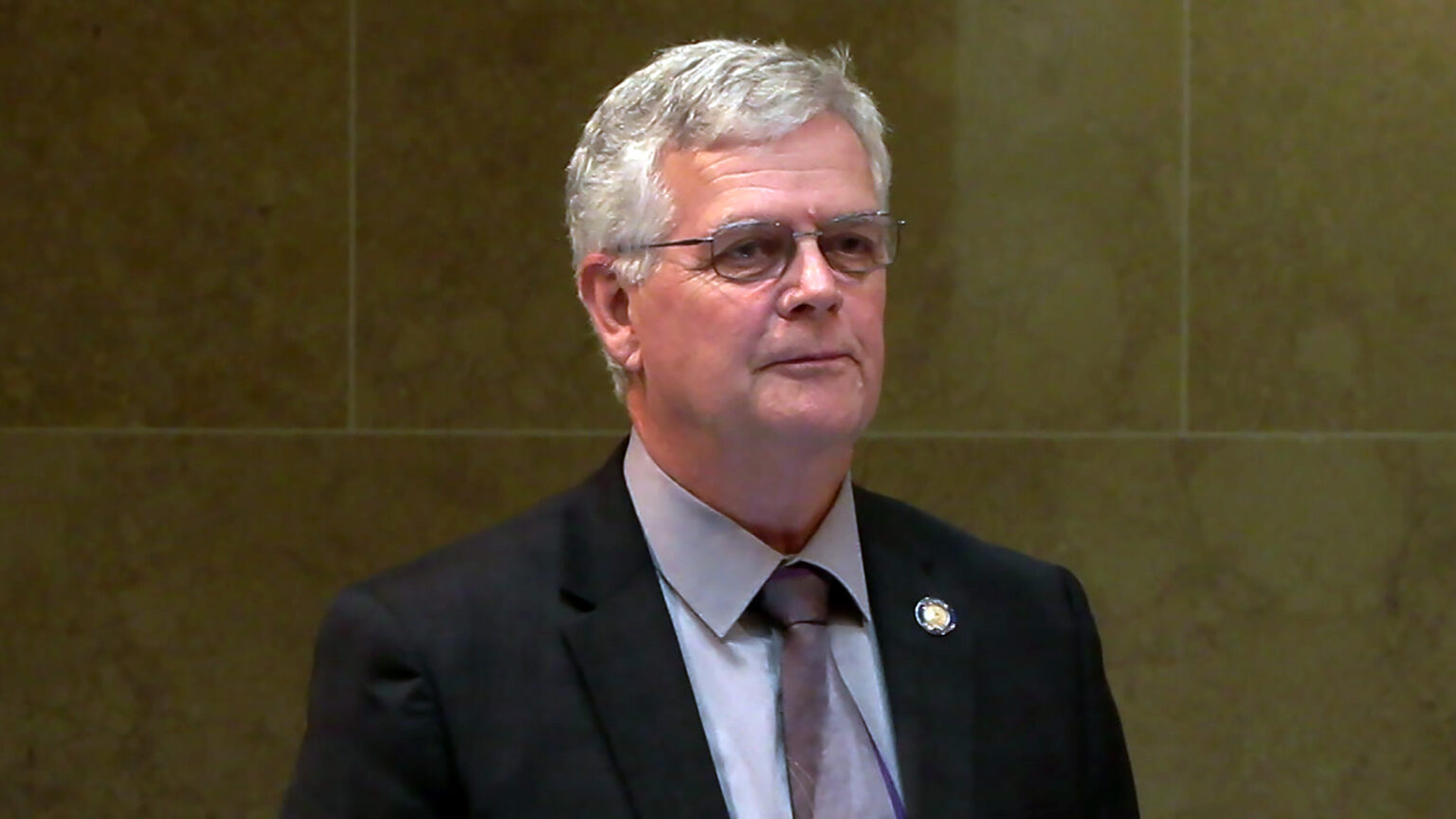
State Sen. Jeff Smith, D-Brunswick, stands to speak during a floor session of the Wisconsin Senate on Sept. 14, 2023. Smith is among a bipartisan group of legislators who have renewed an effort to implement a nonpartisan blanket primary and ranked choice voting for U.S. House and Senate elections in the state. (Credit: PBS Wisconsin)

MADISON, Wis. (AP) — A bipartisan group of Wisconsin lawmakers on Sept. 20 revived a push to implement ranked-choice voting and nonpartisan blanket primaries in the battleground state.
Under the new bill, candidates for the U.S. House and Senate would compete in a single statewide primary regardless of their political party, with the top five finishers advancing to the general election. Voters in the general election would then rank candidates in order of preference, a system that ensures winners are chosen by a majority.
It’s the second time the idea has received bipartisan support in the Republican-controlled Legislature. A nearly identical bill introduced in 2021 was never voted out of the Senate elections committee.
The goal “is not to change who gets elected; it is designed to change the incentives of those who do get elected,” authors of the bill said in a message asking other lawmakers to co-sponsor it.
“Partisan primaries can be very damaging, encouraging candidates to adopt more extreme partisan positions in order to come through a partisan primary,” Democratic Sen. Jeff Smith, one of the bill’s authors, said in a statement. “This bill will improve legislators’ accountability to their constituents and incentivize cooperation rather than competition.”
Ranked-choice voting has been adopted in Maine and Alaska and proposed in numerous state legislatures in recent years.
Under the system, if a candidate receives a majority of first-place votes, they win. If that doesn’t happen, the lowest vote-getter is eliminated and anyone who had that person as their first choice instead has their vote go to their second-ranked candidate.
The process continues until one candidate has over 50% of the votes. In the current system, candidates can win without a majority.
Supporters of ranked-choice voting say it will decrease polarization by pushing candidates to appeal to more than just their party and will also encourage independent and third-party candidates. Critics, who have mostly been Republicans, say the system is too complicated and could be abused by voters who want to game it.
Harm Venhuizen is a corps member for the Associated Press/Report for America Statehouse News Initiative. Report for America is a nonprofit national service program that places journalists in local newsrooms to report on undercovered issues.
 Passport
Passport





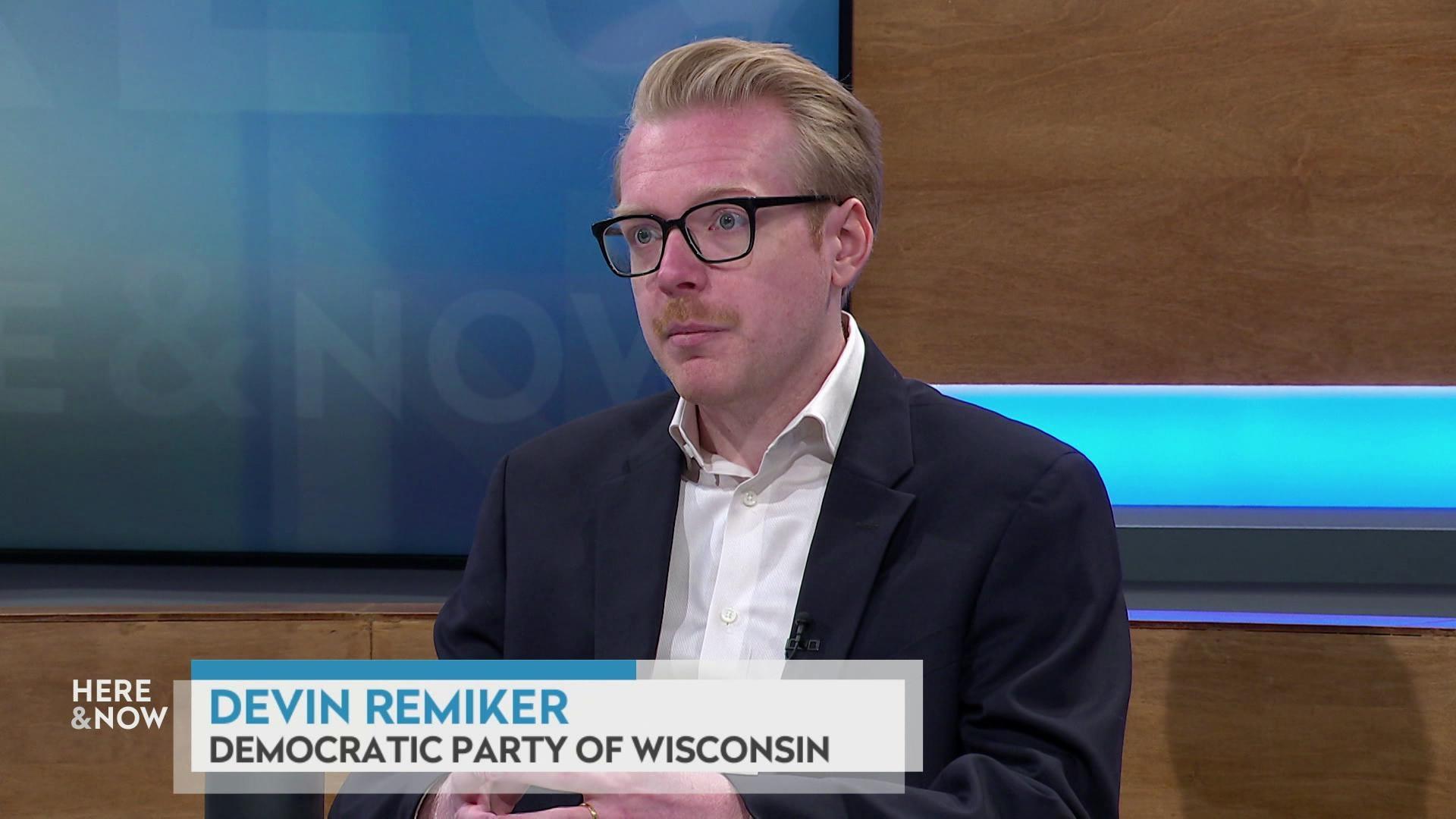

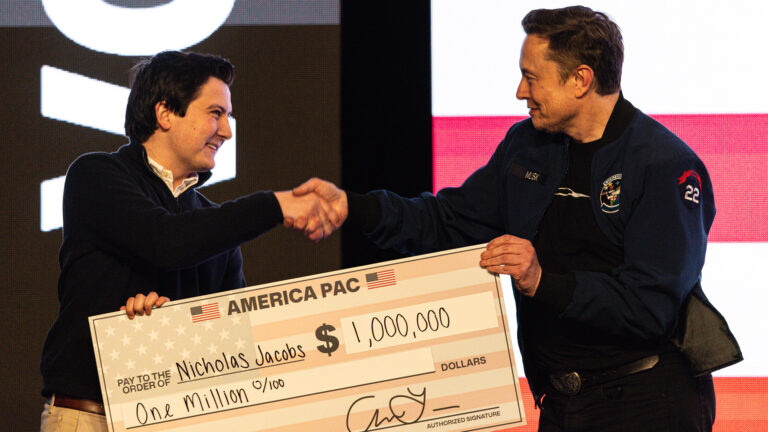
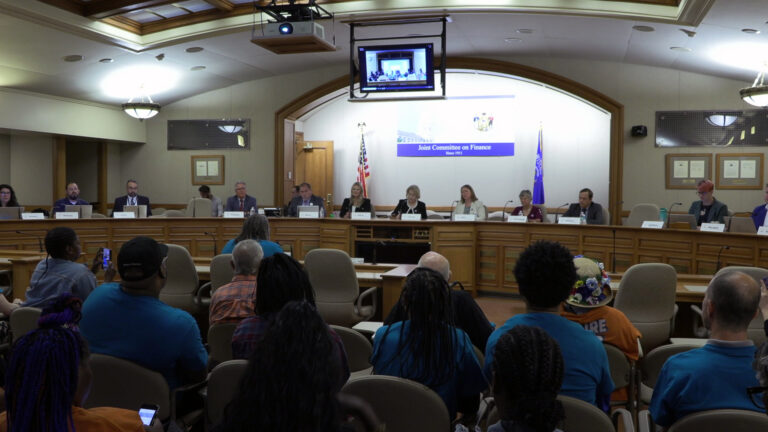
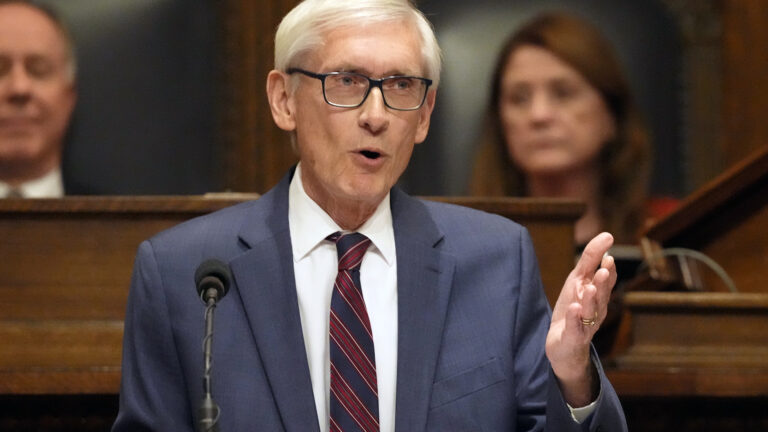

Follow Us